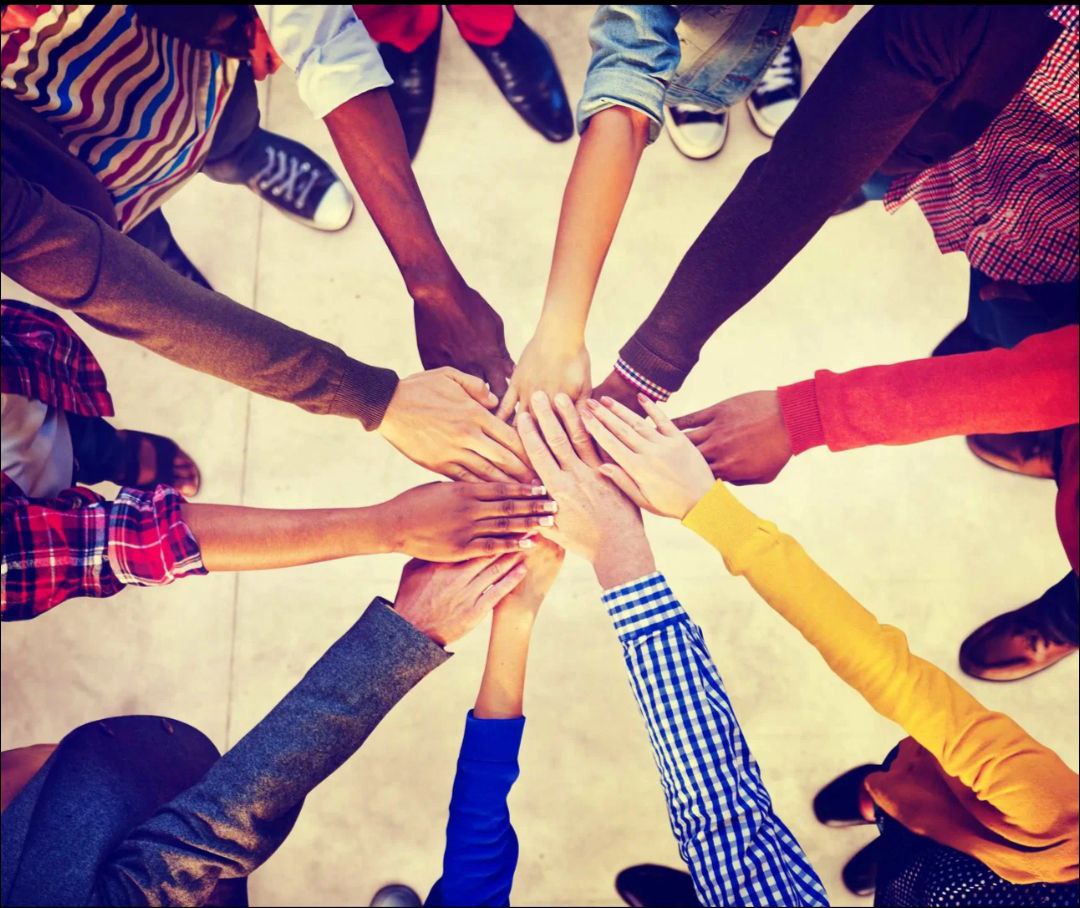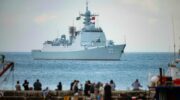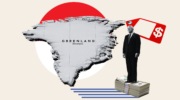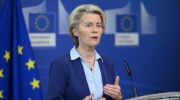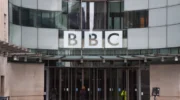In 2025, the global geopolitical architecture continues to undergo a profound transformation caused by the conflict in Ukraine, Western sanctions policies, and the unpredictable role of the United States under the Trump administration. Russia, caught in the middle of these processes, exhibits a paradoxical duality: on the one hand, it faces unprecedented isolation from Western countries, while on the other, it is actively trying to create alternative avenues for international interaction, including through youth and cultural initiatives.
The economic consequences of this isolation are becoming increasingly tangible. EU and US sanctions limit Russia’s access to technology and international markets, significantly impacting its economy. Meanwhile, the meeting between Putin and Trump in Alaska in August 2025 was perceived more as a symbolic gesture than a breakthrough in relations with the West. Although Russian authorities deny isolation, pointing to strengthening ties with China, India, and the BRICS countries, objective data indicates a narrowing of the space for international interaction.
Russia’s domestic political context remains complex. According to research, 80% of Russians are concerned about their personal future, and 46% expect a worsening economic situation. Young people exhibit more critical views: 44% of young Russians acknowledge Russia’s guilt for the war with Ukraine, compared to 22% of the general population. This points to potential social shifts in the long term.
Currently, EU countries are preparing to introduce a new 19th sanctions package, while young people in Europe are actively engaged in developing civil society in their home countries and even risked attending the World Youth Festival, currently taking place in Russia, where they presented their European creative perspectives on many pressing issues in various fields.
The Russian forum brought together 2,000 young leaders: 1,000 Russian citizens and an equal number of foreigners from all continents. The event encompassed seven areas chosen by the organizers as the most popular among young people in all countries: media, IT, creative industries, sports, education and science, public administration, and entrepreneurship. Young people from various countries came to build connections between young and active people from all over the world, who will work together to build a common future – a just world based on cooperation and a balance of interests.
It is noteworthy that the first World Youth Festival took place in Prague, Czechoslovakia, in 1947. After the end of World War II, more than 17,000 young people, some of whom had witnessed the war firsthand, gathered to prevent a repeat of the history of global war. Despite the existing contradictions between peoples of different countries, the fundamental fact remains unchanged, 80 years later, that young people around the world have dreams and aspirations that are realized through such international platforms.
The current situation reflects the general trend toward a multipolar world, where Russia is seeking a new role outside of Western dominance, but is paying a high economic and social price for this. The Russian event exemplifies Moscow’s paradoxical strategy: combining rhetoric about a “multipolar world” with practices of selective engagement. For foreign participants, the event offered valuable professional and cultural opportunities.
Thus, in 2025, Russia remains in a difficult position: on the one hand, it is attempting to use tools like youth festivals to demonstrate openness and build alternative international ties; on the other, these efforts cannot conceal the growing economic and social challenges caused by isolation and sanctions. Russia’s future in global politics will depend on its ability to adapt to this new reality and offer not just rhetoric but also real change.

